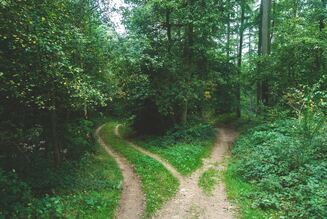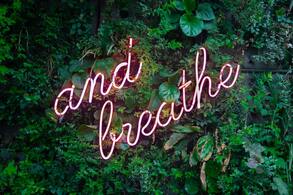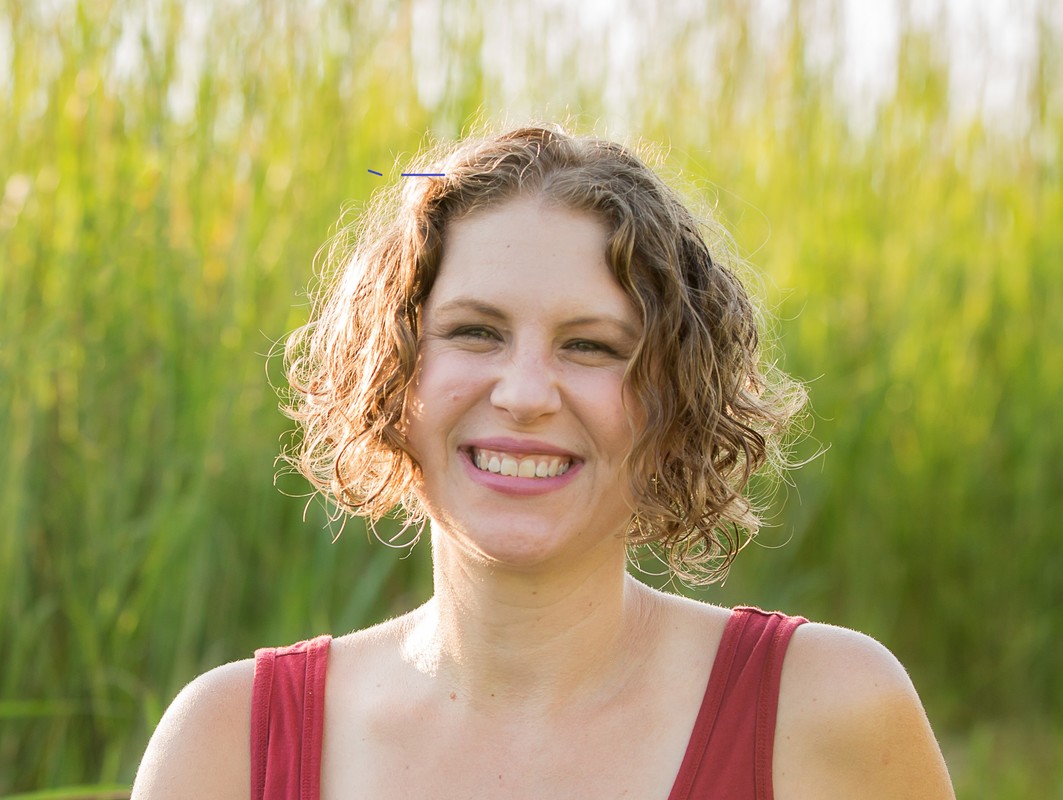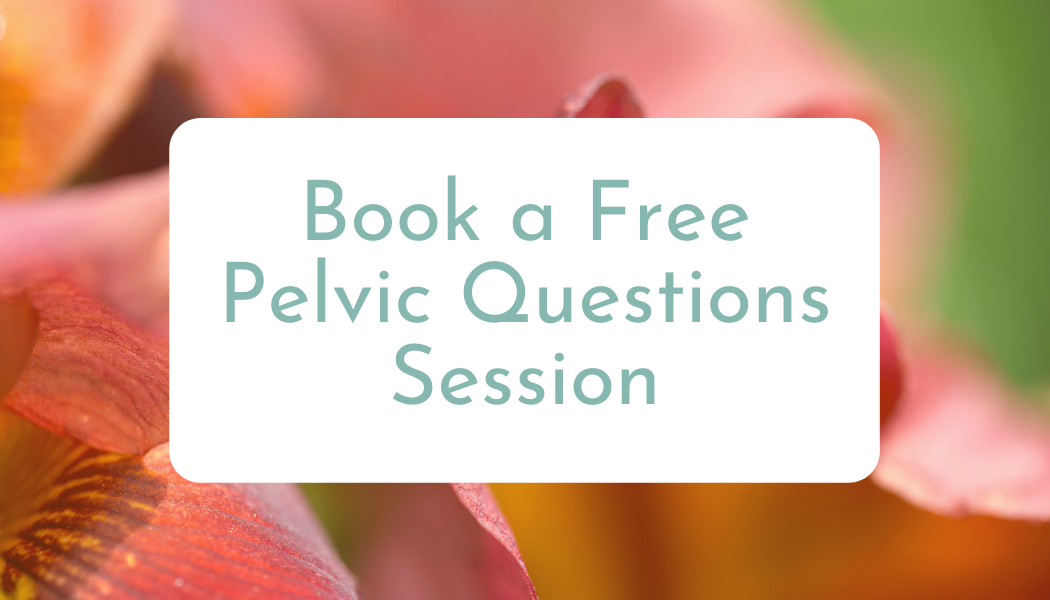An Herbalist's Place In This Conventional World Navigating wellness gives lots of choices Navigating wellness gives lots of choices Herbalism in the US isn’t regulated. We aren’t degreed, licensed, or registered (for the most part). Our education and certifications are only as good as the people who taught them. Does that freak you out? Not me- I like it this way. I think Fiona Heckles from the UK said it best: “You don’t have to have a medical degree to be able to practice herbal medicine, and that’s because the medical profession (the allopathic medical profession) doesn’t want to recognize it as a profession in itself. But in doing that it opens up this amazing freedom to be able to study with apprenticeship programs or with whoever or however you want to practice, as long as you feel confident about it… what you really need to do is know your plants.” Yes, legally, Herbalists have to be careful not to suggest they are impersonating a “medical professional” and need to stay on the side of education and information. But philosophically, that’s not hard. We’re teaching people to care for themselves- the boring daily routines of good food and good rest and good movement
This all means that in the end, Herbalism's "place" in our world is in many ways outside of the usual way of doing things. Herbalists must follow the laws, but we make our own rules. I believe the care of your health is your own responsibility, a right that you deserve, and that is in sometimes direct disagreement with established health care expectations. And this is OK, because Herbalists are also (often primarily) educators. We're all always learning how to be more healthy in these bodies we have, and that usually means learning new ways to think about everything. Someone like an Herbalist is well suited to help guide you through new experiences as well as new ways to understand them. How do we practice? Let me count the waysProfessionally, this freedom gives Herbalists a simply fantastic scope of practice. There are SO MANY ways to practice the “act and art” of Herbalism, and SO MUCH we can we can learn from the established Herbalists of our time (not to mention the archived and salvaged documentation of practitioners past) that we can sample and try on and morph into our own practices. These ideas span the gamut of practice from:
All kinds of practices are used by all kinds of practitioners to help all kinds of people, and have been for all of history. Sill, many will argue that it can’t work to have so many disparate practices, it’s just the placebo effect making people feel better. So what? We’re out here helping people feel better using all the tools at our disposal, not treating our clients like machines missing some upgrades, or like disposable furniture. Let me say it again: I. Do. Not. Care. If. The. “Placebo Effect”. Is. What. Helps. You. Feel. Better.  Besides, there’s no line we can draw that says, “On this side it’s only the placebo effect; on that side, it’s real healing…” Even the word "healing" is rather non-specific and subjective- it's hard to define what being well or better or healed actually means. In practice, Herbalism deals well with the vague and unspecific complaints people have that often stump Western medicine, which is mostly concerned with identifying the offending microorganism or organ and attacking it. Western medicine works well in many situations (believe you me, my time as an EMT taught me the benefits of Western medicine well.) However, Herbalists are concerned with helping the body function to the best of its ability so our clients feel better, which is also vague and unspecific- plant medicine and people go together so well, you'd think we evolved together... oh wait, we did! My own practice is changingTo this end, I’ve been mulling over my own particular kind of practice. I’ve been an Herbalist for a long time (a decade since I got my first certificate, though it’s been my calling wayyyy before that.) I’ve also taught Reformer Pilates for almost 15 years, and I’ve encountered some surprising parallels about the benefits of regular, thoughtful, whole-body movements and regular, thoughtful, whole-body plant medicine.
I want to ask you all, out here in the vast void that is an internet post- do you see any connections between your exercise/movement/work-out practices and goals, and your herbal wellness ones? Or maybe even more to the point- Do you want to? How could connections like these serve you, help you, or even interest you? I’m very interested in having a discussion with you about this. Comment below, email me, let me know what you think!
0 Comments
|
Fun Fact: I'm an herbalist and a movement coach. Not a doctor, or a pharmacist, and not pretending to be one on TV.
This is a public space, so my writing reflects my experiences and I try to stay general enough so it might relate to you. This does not constitute medical advice, and I encourage you to discuss concerns with your doctor. Remember, however, that the final say in your wellness decisions are always yours- you have the power to choose, you are the boss of you. And, some of my posts may contain affiliate links. If you make a purchase through them I'll earn a few cents. Thank you for supporting my work. This website is provided for educational and informational purposes only and is not medical, mental health or healthcare advice. The information presented here is not intended to diagnose, treat, heal, cure or prevent any illness, medical condition or mental or emotional condition. Working with us is not a guarantee of any results. Paula Billig owns all copyrights to the materials presented here unless otherwise noted. Categories
All
Archives
July 2021
|
|
info @paulaswellness.com |
DisclaimerThis website is provided for educational and informational purposes only and is not medical, mental health or healthcare advice. The information presented here is not intended to diagnose, treat, heal, cure or prevent any illness, medical condition or mental or emotional condition. Working with us is not a guarantee of any results. Paula Billig owns all copyrights to the materials presented here unless otherwise noted. |

 RSS Feed
RSS Feed

